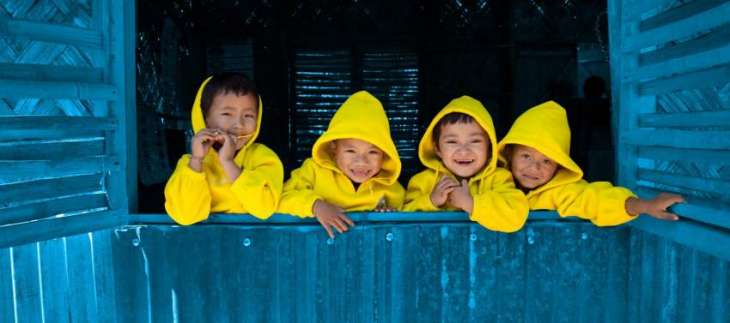With the alarmingly high rates of self-harm, suicide and anxiety among children and young people around the world, the United Nations Children's Fund, UNICEF, and the World Health Organisation, WHO, are teaming up with some of the world’s leading minds to tackle this growing threat
GENEVA, (Pakistan Point News - 06th Nov, 2019) With the alarmingly high rates of self-harm, suicide and anxiety among children and young people around the world, the United Nations Children's Fund, UNICEF, and the World Health Organisation, WHO, are teaming up with some of the world’s leading minds to tackle this growing threat.
According to the latest data, up to 20 percent of adolescents globally experience mental disorders, while suicide is the second leading cause of death among 15-19-year-olds worldwide. Around 15 percent of adolescents in low-and middle-income countries have considered suicide.
"Too many children and young people, rich and poor alike, in all four corners of the world, are experiencing mental health conditions," said Henrietta Fore, UNICEF Executive Director. "This looming crisis has no borders or boundaries. With half of mental disorders starting before age 14, we need urgent and innovative strategies to prevent, detect and, if needed, treat them at an early age."
In a joint push to put child and adolescent mental disorders higher up on the global health agenda, UNICEF and WHO will co-host their first-ever conference on the topic in Florence, Italy, from 7th to 9th November. The conference is part of Leading Minds, UNICEF’s new annual global conference series, to highlight major issues affecting children and young people in the 21st century.
Part of celebrations marking the 30th anniversary of the Convention on the Rights of the Child, the conference will lead to recommendations for decisive action informed by scholars, scientists, governments, philanthropists, business, civil society and young people themselves.
The cost of mental disorders is not only personal; it is also societal and economic. And yet, child and adolescent mental health have often been overlooked in global and national health programming.
"Too few children have access to programmes that teach them how to manage difficult emotions," said Dr. Tedros Adhanom Ghebreyesus, Director-General of WHO. "Very few children with mental health conditions have access to the services they need. This must change."




